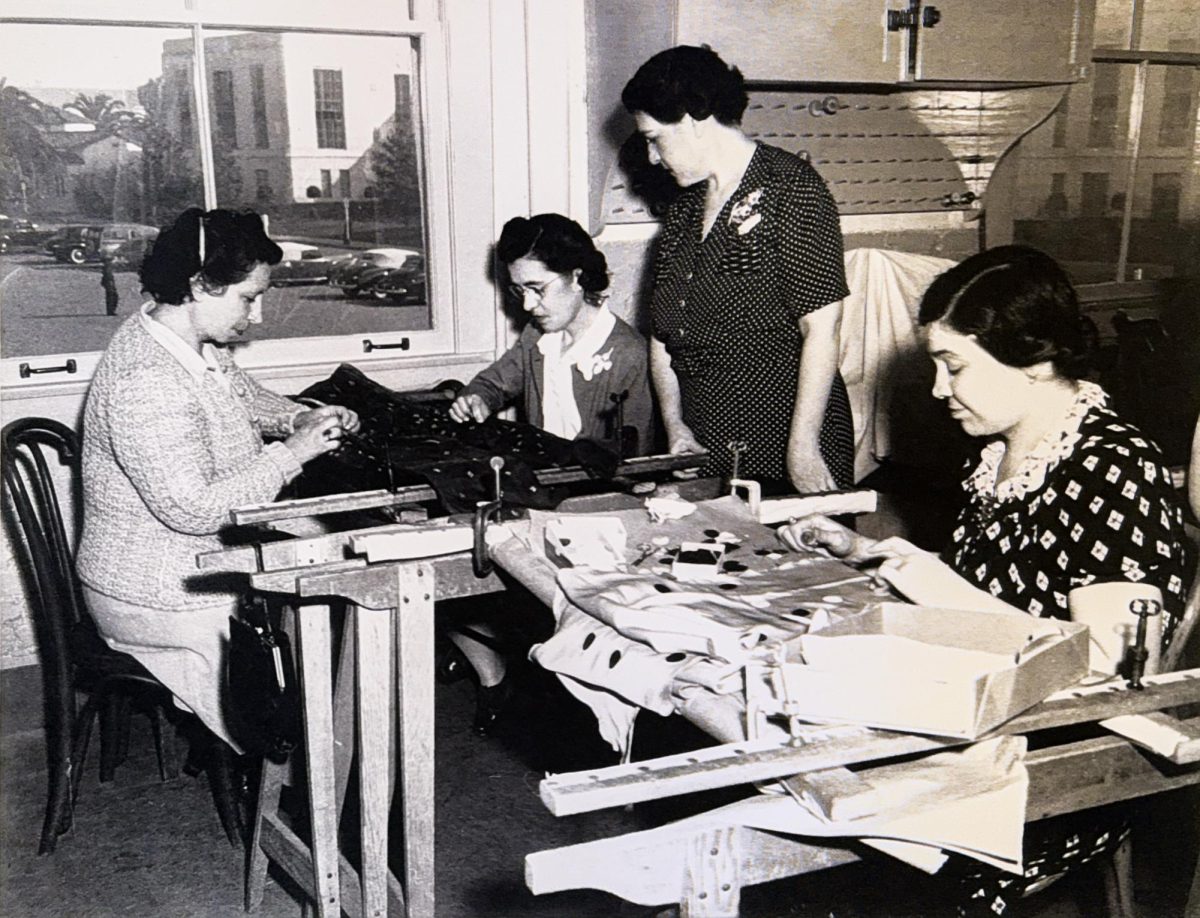 The announcement woke me up without warning.
The announcement woke me up without warning.
My mother’s voice came crashing into my room as she shouted from downstairs, “Your aunt had a stroke. Your uncle and I are going after the ambulance to the hospital.”
I let the news roll over me as I laid in bed. Then, without thinking, I dressed and rushed down the street to my aunt’s house to see what help I could offer.
I love my aunt.
Learning she was on death’s door should have made me cry or punch my pillow in anger. Instead, I had a sense of removal and didn’t know how I was supposed to feel about the whole situation.
Honestly, I’ve never known how to handle emotions properly, and in a healthy way.
But this recent episode of my aunt being rushed to the hospital made me realize how important it was for my own physical and mental well-being that I learned to process emotions as a mature adult—not just stuff them down and emotionally numb myself.
My aunt was admitted to the hospital because a ruptured vein was building pressure between her brain and skull.
I’ve always acted cool in critical circumstances, and felt like I knew what to do to quell the situation. However, expressing my feelings has never been easy and opening up is something I rarely do.
I’ve never known how to react to bad news, or in the middle of an emotionally-charged conversation.
I’m usually the one who supports others. I held and comforted my sister as she broke down after the discovery of our grandmother’s tumor. I carried my friend’s dead cat home because he was too distraught to look at his pet’s corpse.
I never gave myself time to reflect on my own emotions. I always figured it selfish to feel bad or sad when there is somebody else who visibly feels worse.
Since my aunt’s admittance to the ICU, I’ve been assisting my uncle and cousins with basics such as dog care, housework and prepping meals.
But when I’m not busy chopping wood or refueling propane tanks, I’m left alone with the freedom to think about my intubated aunt. This idle time is when the negative thoughts come seeping in.
I think the reason I’ve gone out of my way to help others is to distract myself from thinking about my aunt.
I feel guilty for harboring any feelings of self-pity or reflection. My aunt’s immediate family hasn’t shown any sign of morbid reflection or doubt, even though they have a deeper connection with her than I do.
It’s been visually obvious to me that my cousins and uncle have spent this past week with a metaphorical rain cloud over their heads at all times. Yet they still bring in 25 pounds of fish every day, and are still able to clear out five feet of marshland in 10 hours. They’re hurting, yet still strong enough to go about their daily lives.
I don’t know the proper amount of sorrow, empathy and pain I’m allowed to have or show. I was taught that conveying these was a sign of weakness.
This past week my cousins held long conversations about their feelings, their fears and their hopes for the future.
Experiencing this family tragedy with them, seeing how it affected those whom I respect and model myself after has shown me how I need to open myself up. To let life affect my emotional side more.
Learning to open up is going to be hard, but I know that if I want to grow as a human being I need to accept and experience all of life’s experiences, good and bad.
So what if other people know how much pressure I’ve been under, or how grief-stricken I’ve been. That’s only human.







